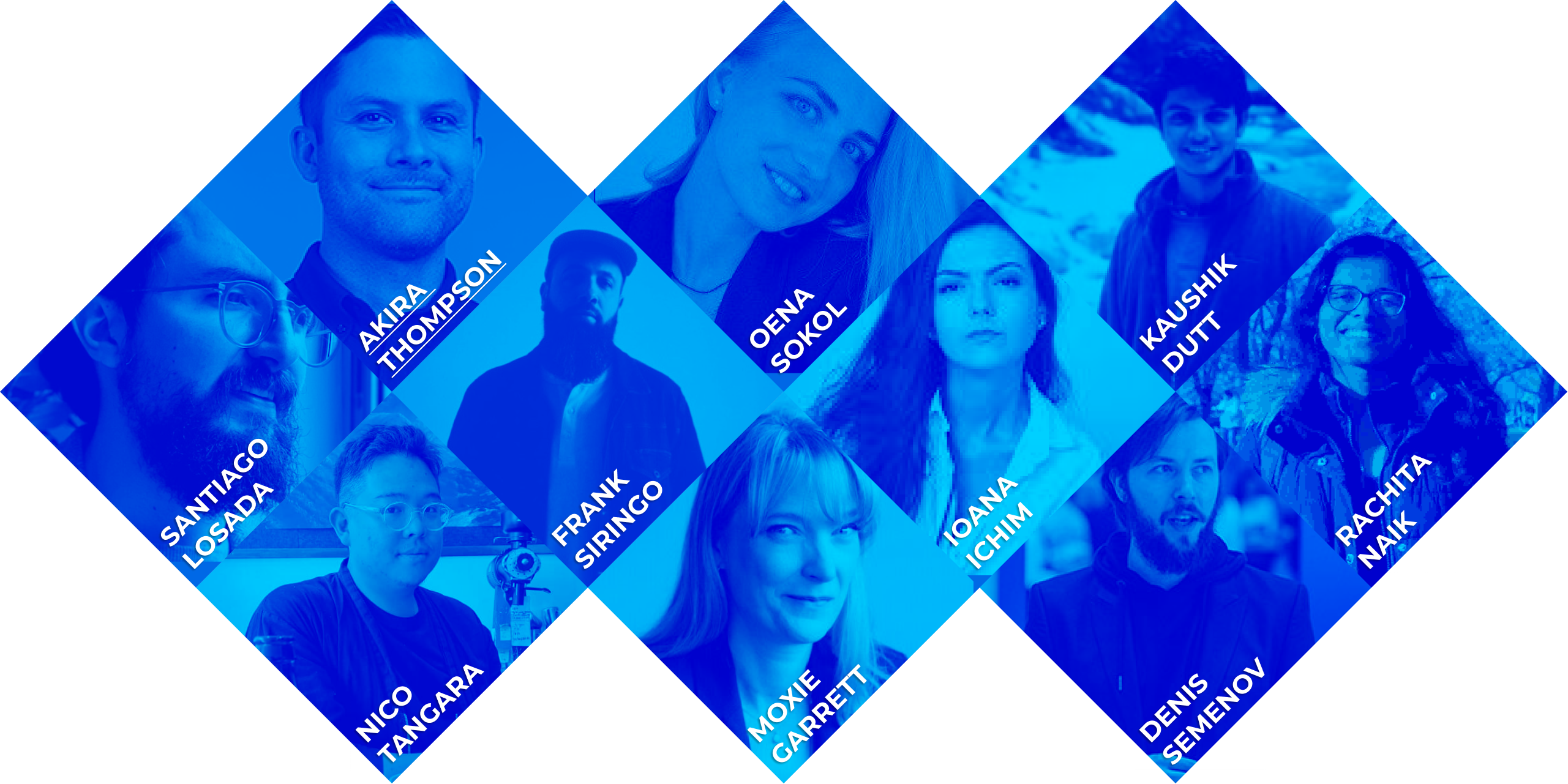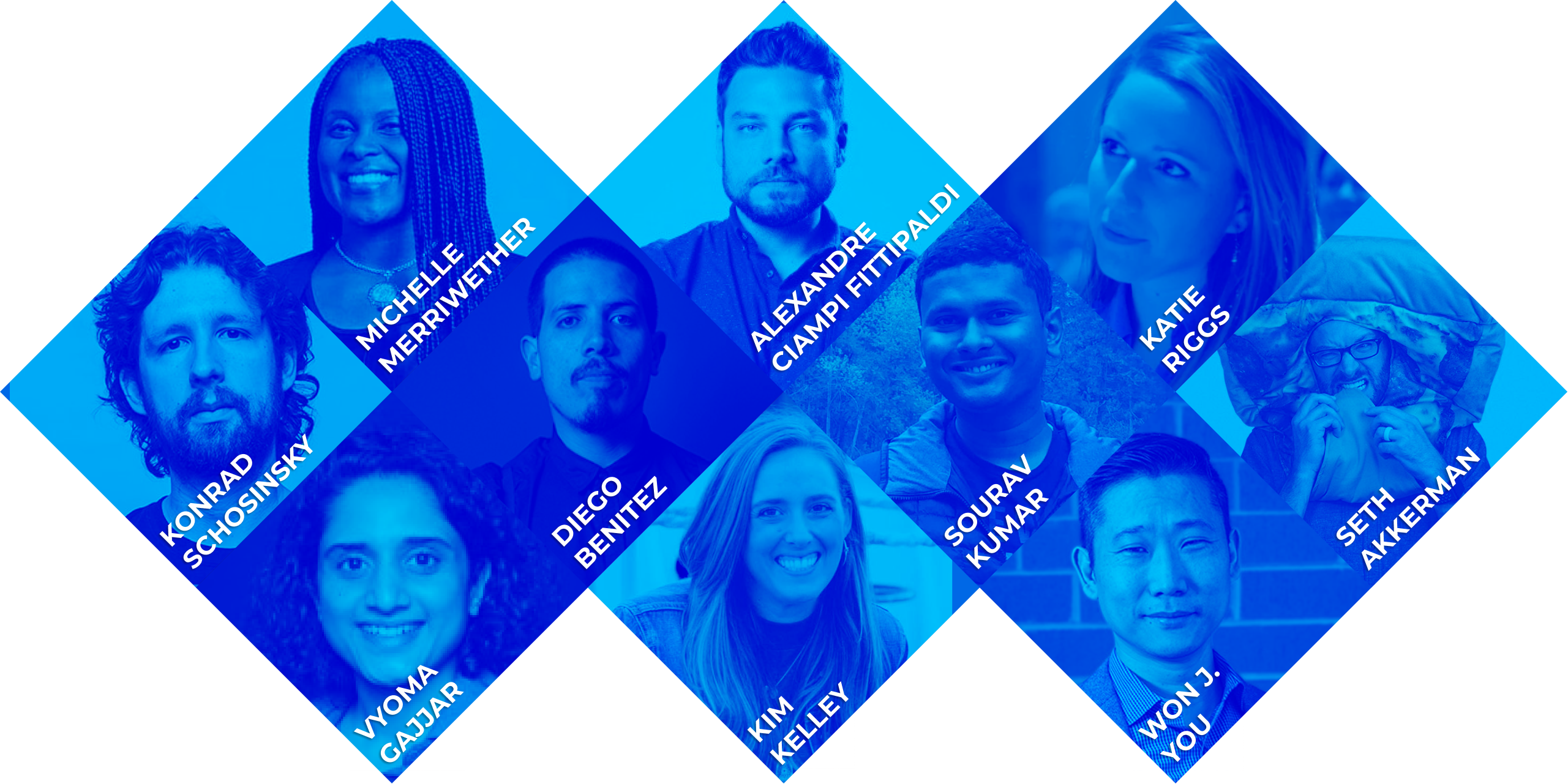Judith Donath is a leading expert on the space where tech intersects with how we communicate. She’s even published a book, The Social Machine: Designs for Living Online, on how interface design influences our digital identity and behavior. She’s a faculty fellow at the Berkman Klein Center at Harvard where she explores with her students the way tech and digital design influence our society. Before that, she founded the Sociable Media Group at MIT Media Lab. She is also one of the latest to join the International Academy of Digital Arts and Sciences (IADAS), joining our panel of over 2,000 industry experts to judge the 27th Annual Webby Awards. We spoke with her to get an insight into the expertise she’s bringing to IADAS and her perspectives on the future of tech.
For those who don’t know, tell us a little about your background.
Currently, I am a faculty fellow at the Berkman Klein Center at Harvard, and am writing a book about technology, trust and deception.
What particular expertise are you bringing to the Academy?
I look at social media – and technology in general –from multiple perspectives. As a designer, I create experimental interfaces that explore the possibilities of virtual identity and interaction; as an artist, I make both physical and online installations that highlight the unseen disruptions and other estrangements of our rapidly changing technologized world; and as a theorist, I write about the social impacts of technology, with a conceptual framework drawn from evolutionary biology and history.
What emerging trend or technology are you most excited about in your industry?
I’m very interested in the social repercussions of pervasive surveillance and persuasive AS – though more on the “excited/alarmed” end of the reaction spectrum rather than “excited/enthusiastic”.
Do you think technology as a whole should have a “responsibility” to be responsible?
I think the creators of technologies do indeed have the responsibility to consider the social and environmental impact of their inventions and businesses.
What do you believe is the most pressing issue that technology can help solve right now?
Making democratic governance work better. Representative democracy, as we know it in the US for example, was a solution for relaying citizens’ preferences designed at a time of far more primitive communication technologies. If we were starting from scratch, how could we design democracy now?
What does it take for technology to create real-world impact for social good?
“Social good” needs to be the goal from the start (and not, as is too common now, as an irritating tax on the primary goal of maximizing shareholder profit).



 Twitter
Twitter


